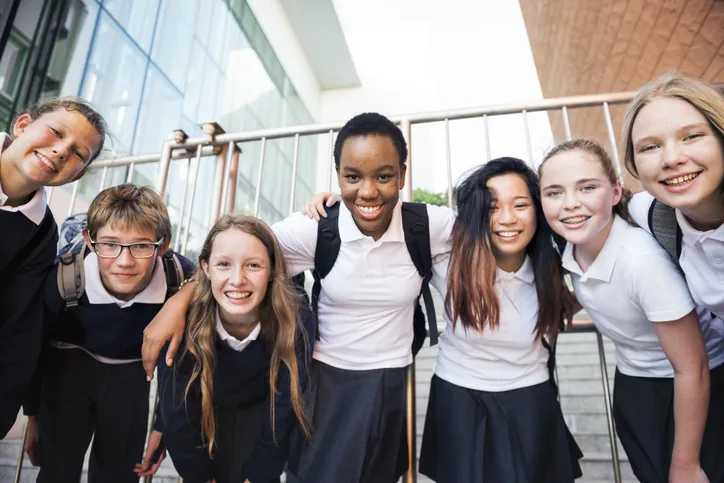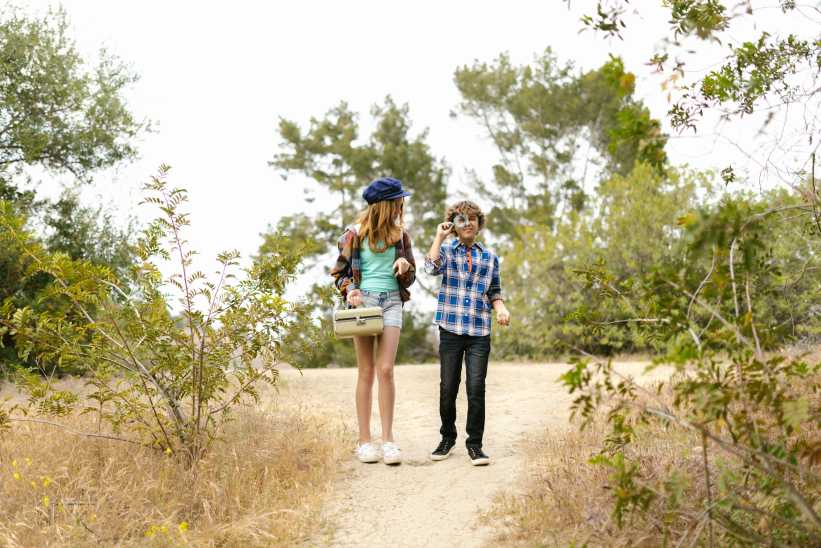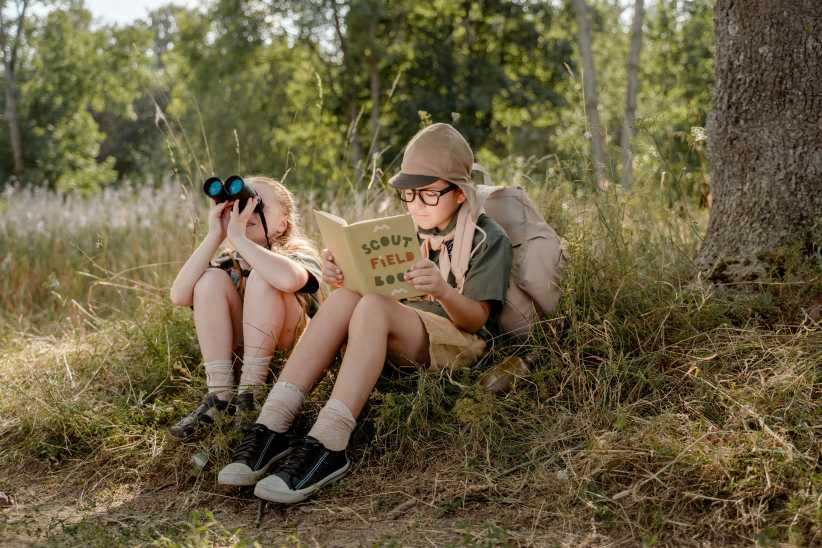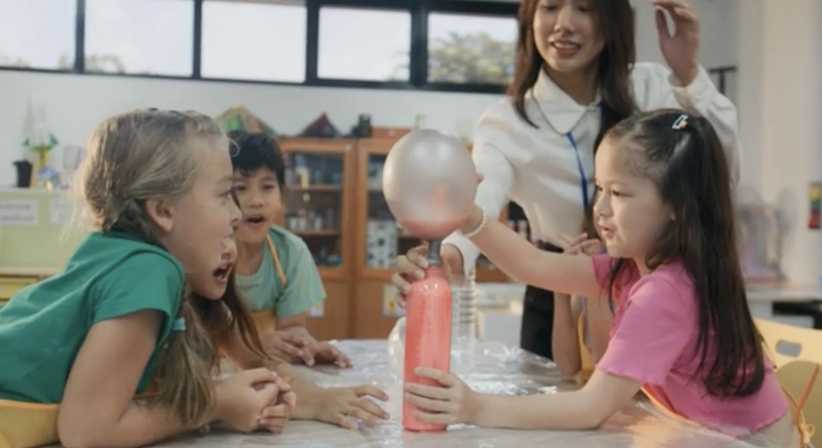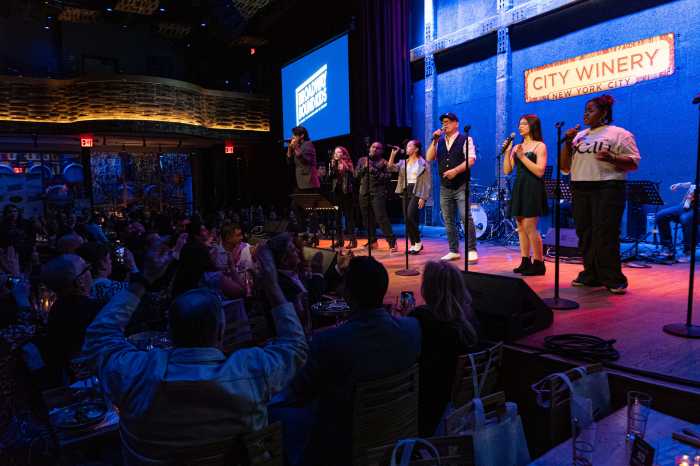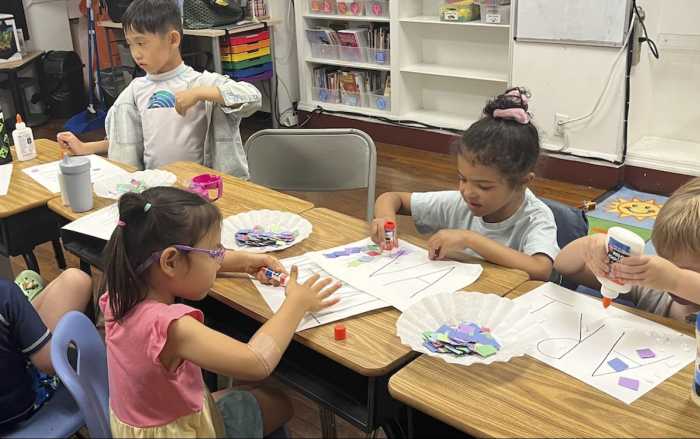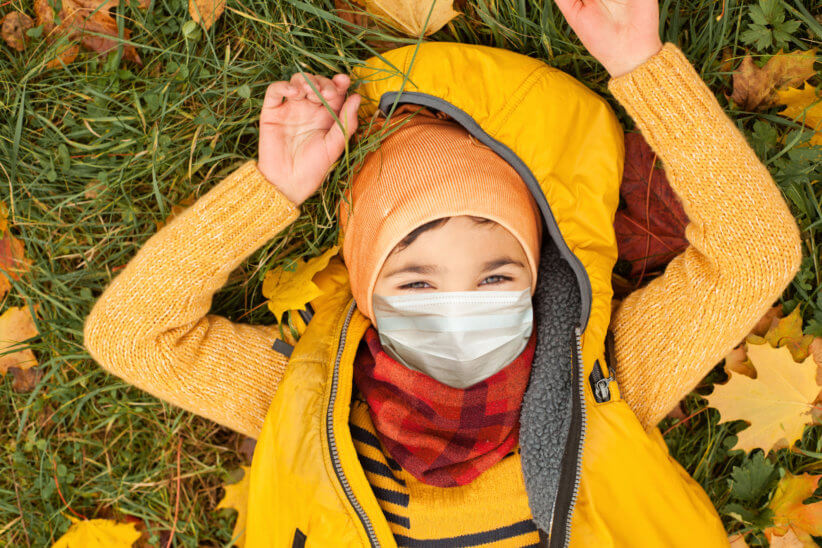
Kids’ Fall Allergies
Fall allergy season is here in New York. Allergy season is at its height during spring, but for kids, especially ones who have been couped up indoors, allergies can still hit into fall. We spoke with Dr. Natasha Burgert, a board-certified pediatrician, to discuss simple health tips for kids and allergens as they return to school and outside in the time of COVID.
Psst…check out our Screen Smarts: How to Manage Kids’ Online Content and Interactions: Interview with Caroline Knorr
As we head into fall, what sorts of allergies do we need to be concerned about?
Most people with allergic symptoms in the fall are reacting to ragweed, dust, and molds. Ragweed is a plant and its pollen can travel very long distances in the air. Even if you don’t live in an area with lots of ragweed plants, you can still be affected by this pesky pollen. Molds and dust cause trouble year-round, but as we start to spend more time indoors and use indoor heating systems, reactions to these irritants can increase. Some children will start to get allergic symptoms when returning to school since the school buildings collect mold and dust during the summer months. This could be particularly significant this school year, when many school buildings have been closed and quiet since March.
What is the difference between allergy symptoms and COVID in children?
Most simplistically, allergies itch. The symptoms of environmental allergies are caused by the release of histamine. Histamine causes inflammation and itching of the eyes, nose, skin, and airways. This will cause children to cough and sneeze, but is not associated with fever or other signs of illness such as fatigue, severe headache, nausea or vomiting. If children are going to be symptomatic with COVID-19, they will show signs of illness.
What are the common allergy symptoms in children?
The goal of the body’s reaction to an allergen is to get rid of it. Histamine is released to make the watery eyes, coughing, sneezing, and runny nose help us to remove the irritant from our system. Children with seasonal allergies at my office usually have uncontrollable runny noses, sneezing, itchy and watering eyes, cough, and tiredness. These symptoms negatively affect their days of school and play. For example, kids with uncontrolled allergies have been shown to have more problems with inattention during the school day, lower exam scores during peak allergy season, and sleep disruption that can lead to behavior and mood changes. Treating seasonal allergy symptoms with a safe and effective oral antihistamine that can last through the entire school day and does not have any drowsy side effects is important. In my practice, I recommend long-acting, non-drowsy oral antihistamines, like Children’s Allegra, for preschool and school-aged kids.
Does having seasonal allergies increase getting COVID?
We have not seen this association in children.
Now that kids are inside more than ever, what are ways parents can help in keeping allergens to a minimum?
The symptoms of allergies are caused by a physical particle that triggers the nasty histamine release. Keeping those particles out of your home is an important part of allergy management. During peak allergy season, using the AC while keeping home and car windows closed during the day will help keep particles out. Family members should keep shoes and jackets outside so pollens don’t hitch a ride into the house, if there is a safe place to do so. Kids with allergies should bathe well including a good hair scrub before bed. This will remove pollen from the skin and hair after a day of play, keeping the allergens out of the bed during sleep. Finally, routine washing of clothes, and rug and carpet vacuuming with a HEPA filter can all help keep the indoor air clean.
Dr. Natasha Burgert is a board-certified pediatrician and nationally recognized child health expert. She currently practice’s at Pediatric Associates in Overland Park, Kansas. In addition to this traditional patient care, Dr. Burgert also sees patients using various digital and traditional media outlets to promote child health and wellness. Dr. Burgert previously practiced at Cincinnati Children’s Hospital Medical Center. She has been able to work in science communication through her role as a National Spokesperson for the American Academy of Pediatrics.
She is a regular contributor to NBC Learn’s Parent Tool Kit, US News and World Report. She has been interviewed on Romper, Scary Mommy, INSIDER, GMA.com, and has appeared on various local television networks across the country.

